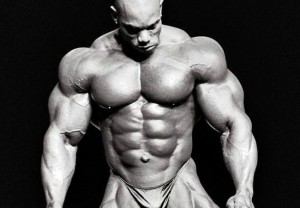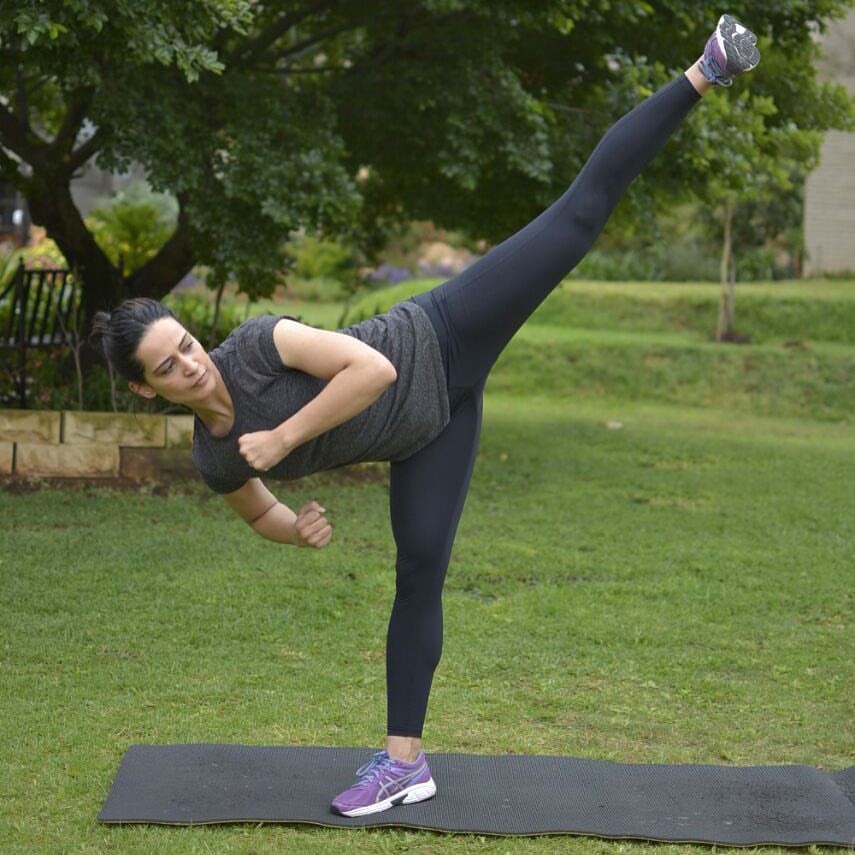Drinking alcohol is a common way to unwind, but have you ever considered how it affects your fitness goals? Maintaining your health goes beyond what you do in the gym. It’s a constant commitment to keeping yourself in shape and on a clean diet. In this article, we will discuss the various ways that drinking alcohol can impact your fitness goals and how it affects different aspects of your health.
Hydration
Alcohol is a diuretic, which means it makes you urinate more frequently. This can lead to dehydration, which is a big problem for anyone trying to stay fit. When you’re dehydrated, your body struggles to perform at its best. Proper hydration is responsible for delivering oxygen and nutrients through your bloodstream to maintain healthy blood pressure.
Drinking before a workout can cause muscle cramping, fatigue, and a decrease in endurance. Staying hydrated is key to any fitness routine, and drinking alcohol directly counteracts this aspect of health.
Metabolism
Your metabolism plays a huge role in your fitness journey, and alcohol can negatively impact it. When you drink, your liver prioritizes metabolizing the alcohol over other nutrients. This means your body is less efficient at breaking down fats and sugars, which can hinder your progress. The more alcohol you drink, the more energy and longer it takes for your liver to metabolize it. This can be particularly impactful if you’re working toward specific fitness goals like fat loss or muscle gain.
Muscle Development
Building muscle requires protein synthesis, which drinking alcohol hinders. Protein synthesis refers to the process of muscles breaking down damaged proteins and rebuilding new ones in their place. Athletes cannot build muscle mass without this recovery process facilitated by exercise and a high protein intake.
Athletes must also take rest days for their muscles to fully recover before they perform another strenuous workout. But drinking in this recovery period can slow protein synthesis because your body’s energy is spent metabolizing alcohol, impeding muscle development.
Weight Gain
Beer, wine, and liquor are high in empty calories, which can contribute to weight gain. These calories offer no nutritional value and can add up quickly, especially if you’re not mindful of your intake. Consuming too many calories from alcohol can offset the hard work you put in at the gym. Furthermore, liquors are usually consumed along with sugary juices and other mixers that contain excess calories and carbohydrates you will need to work off.
Sleep
Athletes know that restful sleep is essential for recovery and overall health. Alcohol can lead to fragmented sleep and reduce the amount of rapid eye movement (REM) sleep you get, which is linked to decreased physical and mental recovery. Poor sleep can affect your energy levels, mood, and performance in the gym. Fatigue is a common symptom of hangovers, and this daytime tiredness can lead to long naps in the afternoon or evening, which can interfere with a healthy sleep cycle.
As you can see, alcohol affects many aspects of your overall health, especially if you are not drinking in moderation. Alcohol abuse affects your entire life, including your fitness journey. Many athletes cut out alcohol from their diet in order to maintain peak physical performance and well-being. By being mindful of your alcohol consumption, you can better achieve your health and fitness goals.





















